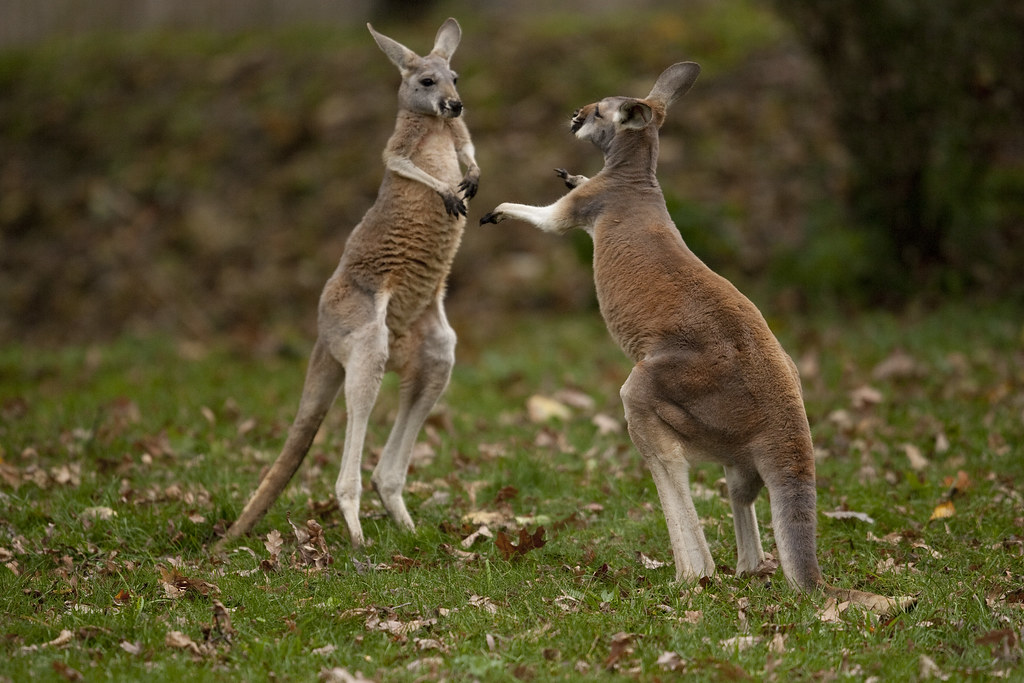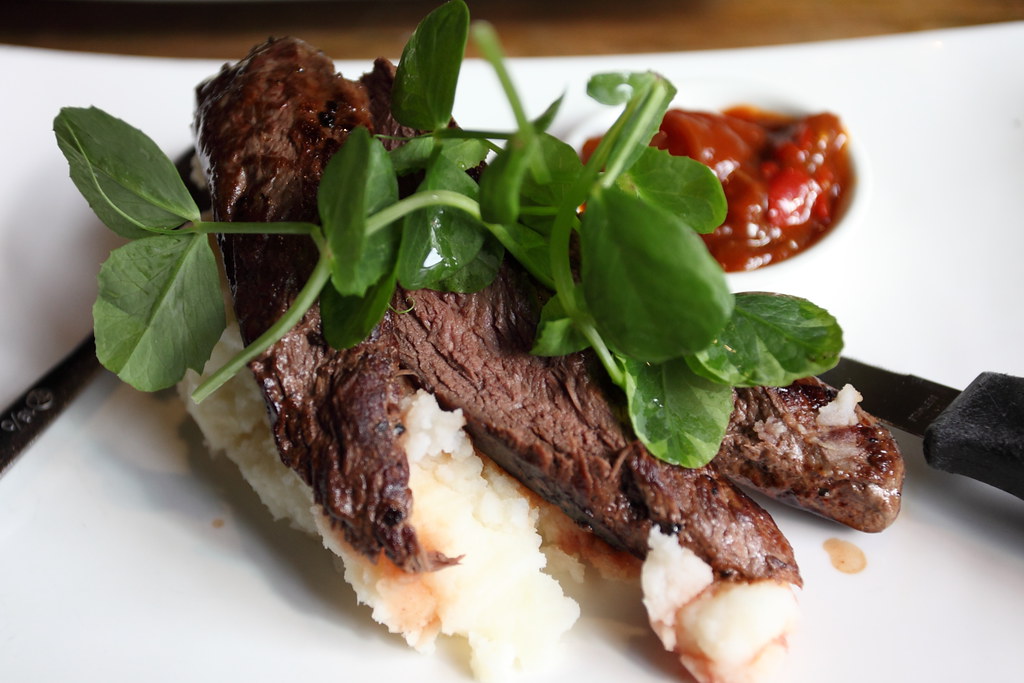There are tons of questions surrounding the kangaroo population in Australia. Do people keep kangaroos as pets? Do people wear kangaroo fur or leather? Do people eat kangaroo? Is that even safe? While the kangaroo industry does a lot with kangaroo (including making their testicles into flasks…not kidding), I’m here to give you the lowdown on everything you need to know to help you decide whether or not to indulge in kangaroo meat.
Safety

From my own personal experience, I’ve found kangaroo meat is safe to eat. When I made a rockin’ kangaroo stir fry with bok choy while spending time in Australia two summers ago, I loved the gamey taste and how the meat soaked in all the flavors of the stir fry—the issue of safety didn’t even cross my mind before, during, or after the meal. But maybe it should have.
In 2009, Russia banned imports of kangaroo meat due to high levels of bacteria being reported. In 2012, an animal rights activist group found salmonella and E.coli in some kangaroo meat stocked in supermarkets. These are definitely issues to be taken seriously, but when compared to the countless times there have been salmonella or E.coli outbreaks in meats like beef and pork, kangaroo meat should still be on the table—both literally and figuratively.

While considering the question of safety, a key component to remember is that all kangaroo meat comes from wild kangaroos. Eating kangaroo meat is on par with eating wild boar, deer or even squirrel, so there’s always a slightly higher risk factor than with farmed meat, as you have no idea what that animal did in its life. Plenty of people have no problem with this idea and even prefer to hunt their meat, so it’s really more of a personal preference.
Ethics
Although there are no laws in place limiting kangaroo consumption, very few Aussies eat kangaroo meat. There are a number of reasons why many feel strange eating kangaroo: a) it’s Australia’s national emblem, b) a TV series called Skippy the Bush Kangaroo from the 1960’s encouraged people to see kangaroos as far too adorable to eat, and c) since all kangaroo meat comes from wild and not farmed kangaroos, people have a hard time separating them in their minds from roadkill. While kangaroo meat was commonly consumed by the Aboriginals (Australian natives) and even seen as a delicacy in the past, modern day city-dwellers just can’t get behind the idea of grilling up ol’ Skippy for dinner.
Since kangaroos are hunted and not farmed, there’s a code requiring all kangaroos to be killed by a single shot to the head from a high powered-rifle. It sounds harsh, I know, but this way the kangaroo dies instantly and painlessly. However, if a hunter kills a mother kangaroo, her joey is left orphaned and unable to survive without her. Hunters must kill the joey too, as it’s the most humane option. But if animal welfare issues like this concern you, there are lots of kangaroo meat suppliers that state male-only policies, like Gourmet Game.
Sustainability
However, this aversion to kangaroo meat may be coming at a cost to the environment. In recent years, kangaroo meat has been advertised as sustainable because there are so many kangaroos that it has become necessary to hunt them to keep the population under control. If the meat is already there, why not use it?
Since all kangaroo meat comes from wild kangaroos in preexisting populations, negative impacts like intensive resource use and low quality of life found on traditional farms are completely avoided. I wouldn’t go so far as to say eating kangaroo helps the environment, but it certainly doesn’t hurt it. So feel free to indulge in a nice kangaroo fillet if you take the trip down under, conscious-clear.


